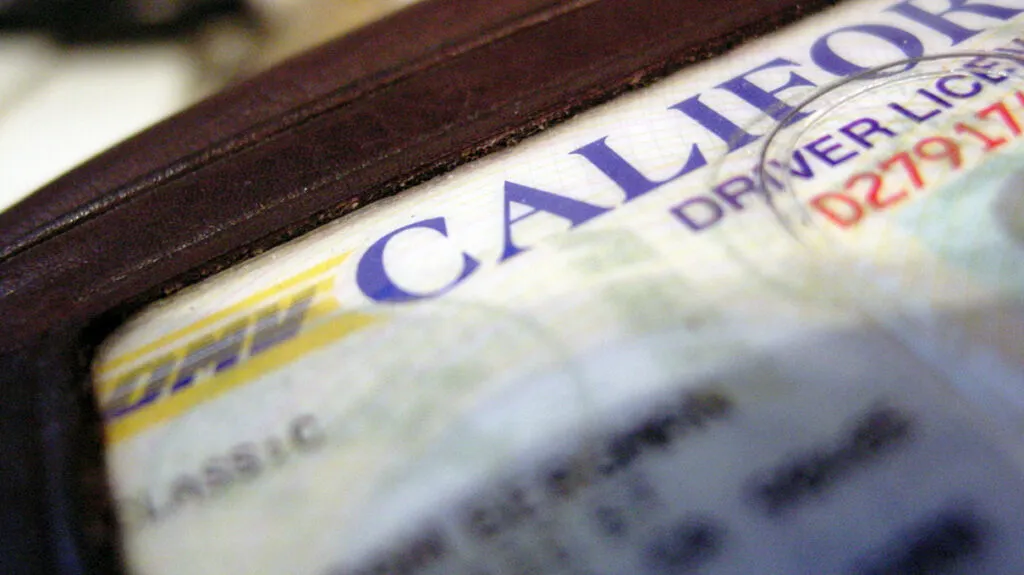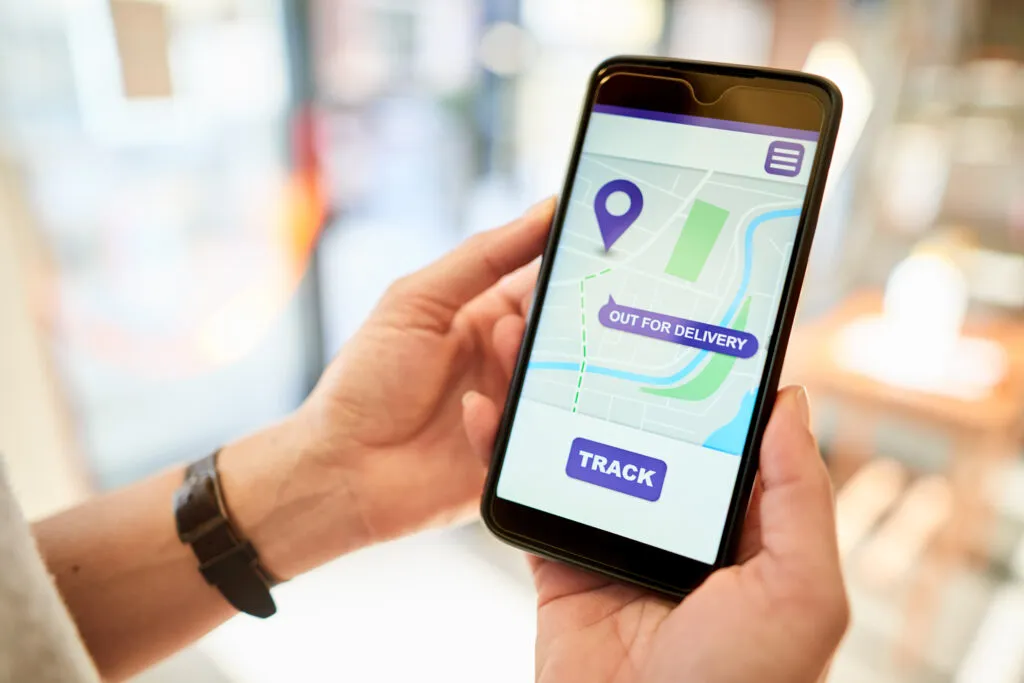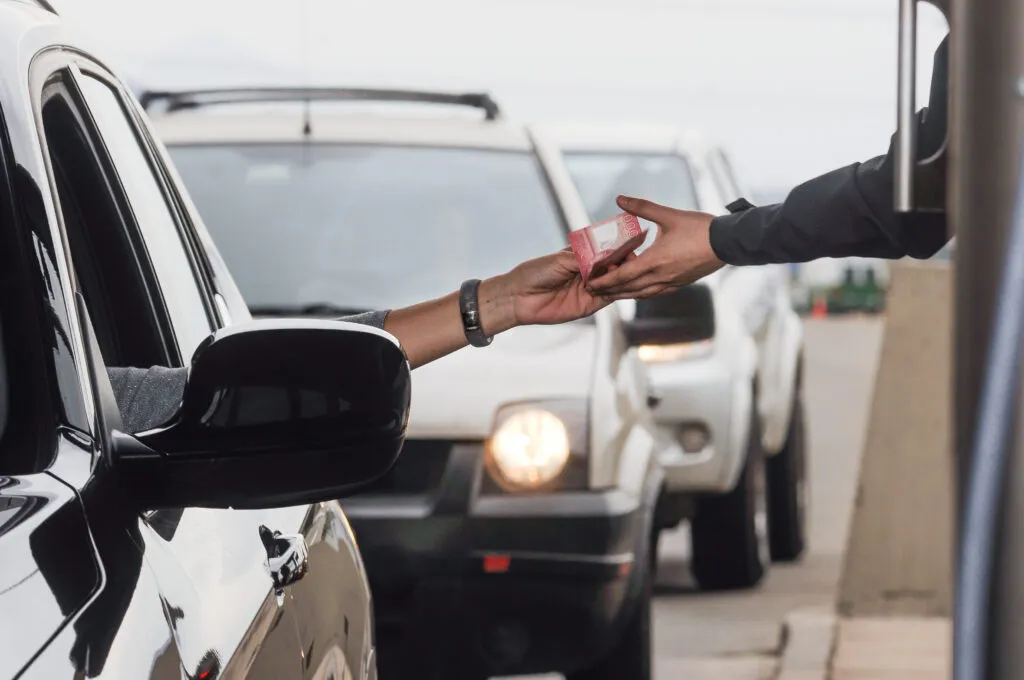
Get home early with RoadWarrior.
Enter your stops, optimize your routes, manage your team – quickly and efficiently.
Try RoadWarrior free for 7 days
Try free for 7 daysDriving is a privilege, not a right. At least, that’s what some states tell their citizens when they revoke their driver’s licenses as a penalty for being bad citizens. Most people would probably agree that it’s fair for drivers to lose their licenses for being menaces on the roads. But some of these laws go so far beyond driving that they’ve been challenged as unconstitutional.
A September 2017 report from the Legal Aid Justice Center found that 43 states, plus the District of Columbia, currently allow for suspension of their citizens’ driver’s licenses due to “unpaid court debt,” which can have slightly different interpretations depending on the state. HowStuffWorks looked into it and found several surprising reasons drivers can lose their licenses for offenses that have very little (or nothing) to do with driving.
1: Unpaid Traffic Tickets
More than half of the states in America have laws on the books that give the state the right to revoke state-issued licenses — including driver’s licenses — for various court debts, including unpaid traffic and parking tickets, as well as other fines for civil infractions. Some cities and municipalities have additional rules and regulations that are even harsher than the state’s. For example, in the city of Chicago, residents can lose their driver’s license after 10 unpaid parking tickets or a combination of five unpaid automated speeding and red light camera tickets.
Some states, however, are changing course on this practice because it tends to target lower-income residents who cannot afford to pay fines, and could potentially lose their jobs if they can’t drive. In July 2017, California ended its policy of suspending licenses of drivers with too many unpaid traffic tickets. Instead, California is looking at alternative measures for people who cannot afford to pay their traffic tickets. A judge can lower the fine or assign community service instead. In late 2017, a federal court halted Michigan’s practice, and the state of Mississippi agreed to reinstate driver’s licenses suspended on these grounds.
2: Unpaid Student Loans
As of 2017, there were 20 states with laws to revoke state-issued licenses for unpaid student loan debt, including driver’s licenses and professional licenses, such as teaching and nursing. The practice became common in the 1990s when lawmakers suggested revoking licenses — both professional and driver’s — would help curb defaults on student loans. But with student loans the biggest source of household debt after mortgages, these laws tend to cause more problems.
The laws typically kick in when the student loan payment is a certain number of months late, or when the loan balance reaches a set amount. In Montana, for example, the law is enforced when a borrower falls nine months behind on payments, and as of November 2017, about 1,000 residents of South Dakota had suspended driver’s license because they were behind on student loan payments. Other states, like Alaska, Iowa, Massachusetts and Washington, however, don’t enforce their law, even though it’s on the books.
The most comprehensive, long-term look yet at student loan data reveals some alarming trends about the college debt crisis https://t.co/MJs6QoWIai
— The Brookings Institution (@BrookingsInst) January 11, 2018
3: Unpaid Taxes
New York is one of several states that goes after driver’s licenses for overdue back taxes, a law that was established in early 2013. A New York state driver’s license will get suspended when a taxpayer owes more than $10,000 in back taxes. The first round of notices sent out in 2013 identified 16,000 such taxpayers, who are given 60 days to settle the debt or get on a payment plan. If the person is caught driving on the suspended license, they can be arrested and given additional financial penalties. People in this situation can apply for a restricted license for travel only between work and home. California, South Dakota, Louisiana, Massachusetts, Rhode Island and the District of Columbia have similar laws.
4: Unpaid Child Support
Nearly every state in the U.S. allows licenses — including driver’s, professional and occupational — to be revoked for unpaid child support. States set their own trigger amounts and processes. For instance, in Illinois, the Family Financial Responsibility Act is enforced by a circuit court judge or the Illinois Department of Health and Family Services when someone falls 90 days behind on child support payments. Then, the driver’s license suspension becomes effective in 60 days. Some states, including California, Colorado, Indiana, Louisiana, Maryland, South Carolina, South Dakota, West Virginia and Wyoming, will only suspend the license temporary if it will result in “undue hardship,” and some also permit parents to still drive to and from work.
5: High School Dropouts
Since 1997, 27 states had a variation of a “no pass, no drive” policy, which means high school students can lose their driver’s licenses for a variety of reasons, including poor grades, truancy or dropping out. Several states can also revoke a student’s driver’s license as a form of discipline if the student is suspended or expelled from school. In most cases, the license suspension ends when the student is again compliant with the law, or when the student turns 18.
Kentucky’s law, which went into effect in 2007, is similar to most other states, but has generated a lot of controversy. A 16- or 17-year-old who wants to drive in Kentucky must have his or her school complete an eligibility form as part of the permit application, and schools are required to report non-compliant students to the state transportation department each semester. The law has been challenged in court as unconstitutional, but so far the courts have upheld it.
Now That’s Interesting
Laws that permit revoking a driver’s license as a penalty for unpaid fines and taxes are often criticized for penalizing the poor, akin to a modern day debtors’ prison. Debtors’ prisons were formally outlawed more than 200 years ago, but according to the American Civil Liberties Union, some modern-day practices function in the same way. In addition to the states that revoke a driver’s license for unpaid civil penalties, about a dozen states, including Georgia, Washington, Ohio and Louisiana, still lock up people who cannot afford to pay fines and fees. In December 2017, Attorney General Jeff Sessions rolled back an Obama administration guidance intended to help prevent this practice.
Content written by Cherise Threewitt and created in partnership with HowStuffWorks.com


